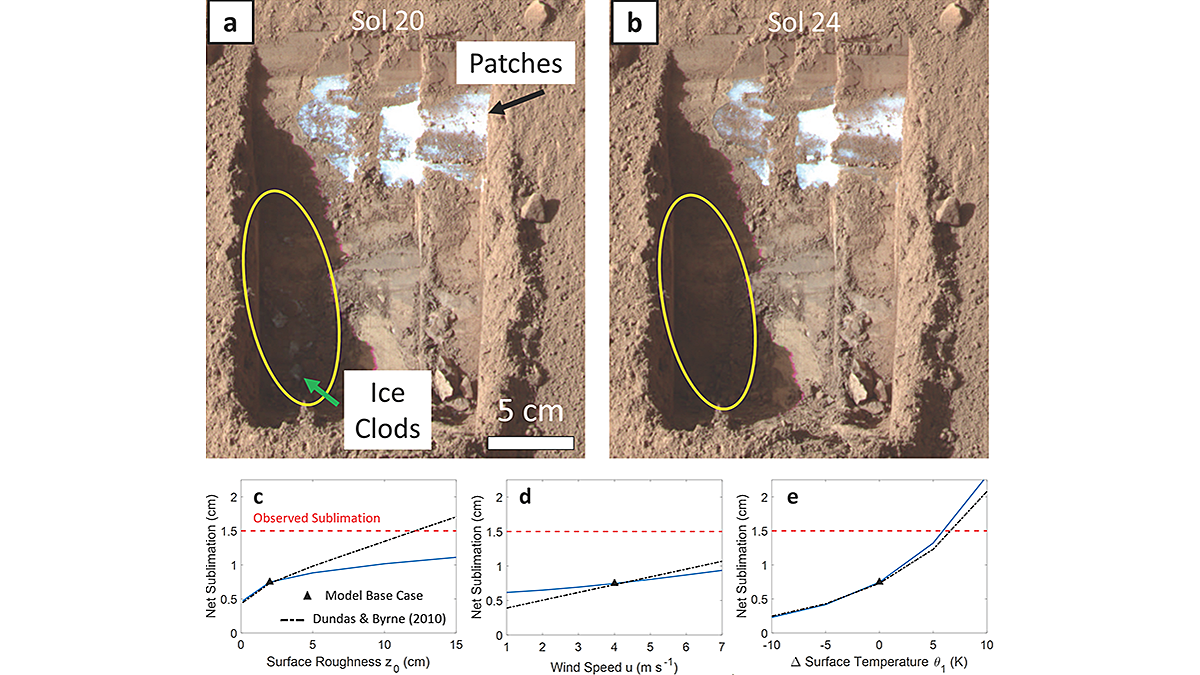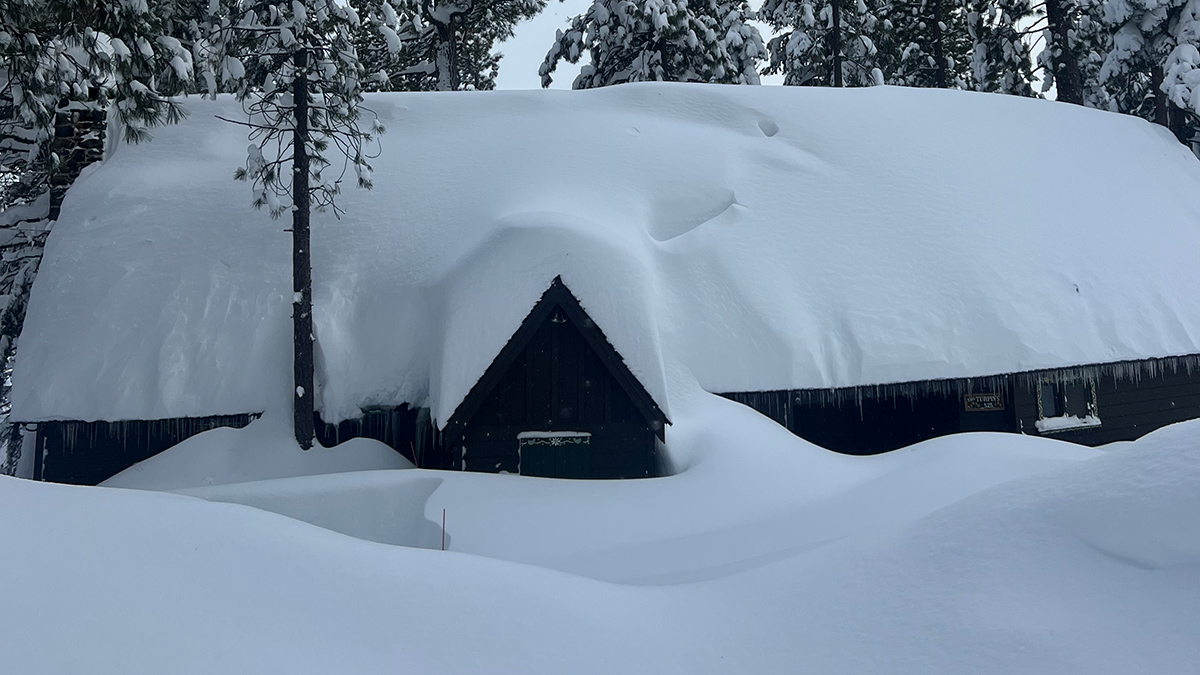Utah’s most famous body of water is shrinking, and storms might deliver less precipitation than normal if that trend continues.
weather
Machine Learning Masters Weather Prediction
Community datasets and evaluation standards are needed to further advance machine learning for weather prediction.
Rain Comes to the Arctic, With a Cascade of Troubling Changes
Rain used to be rare in the Arctic, but as the region warms, so-called rain-on-snow events are becoming more common. The rains accelerate ice loss, trigger flooding, landslides, and avalanches, and create problems for wildlife and the Indigenous people who depend on them.
Towards a Unified Framework for Earth, Mars, Titan, and Exoplanets
From a simple set of in situ or synthetic data, a general unified model has been developed to calculate turbulent fluxes and evaporation rates on any rocky body with an atmosphere.
Phased-Array Radar Detection of Electrically Aligned Ice Crystals
A new method for observing electrically aligned ice crystals in localized storms can detect the onset of electrification and lightning in developing storms.
Rare “Glory” Possibly Seen on Exoplanet’s Horizon
This rainbow-like atmospheric phenomenon depends on a very specific set of circumstances. It is common on Earth and incredibly rare beyond it.
Tuning Improves High-Resolution Climate Simulations
Tuning parameterizations of turbulent mixing and of the fall velocity of precipitation and cloud ice alleviates long-standing biases in climate simulations.
Quase um Ano depois, a Seca na Amazônia Está Longe de Terminar
Fortalecido pelas mudanças climáticas, o período de seca no norte do Brasil poderá durar mais que o originalmente previsto e ter consequências econômicas e ecológicas prolongadas.
Melting Ice in the Polar North Drives Weather in Europe
Influxes of meltwater into the North Atlantic eventually lead to warmer and drier conditions over Europe.
California Mountains Face Weather Whiplash
Last month’s massive snowstorm in the Sierra Nevada followed a dry start to winter. Such extremes in precipitation may become the norm.










